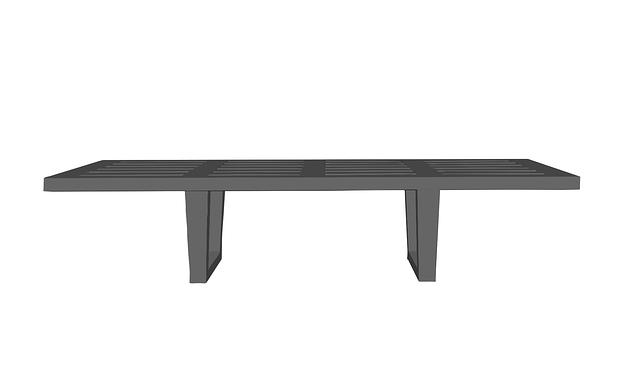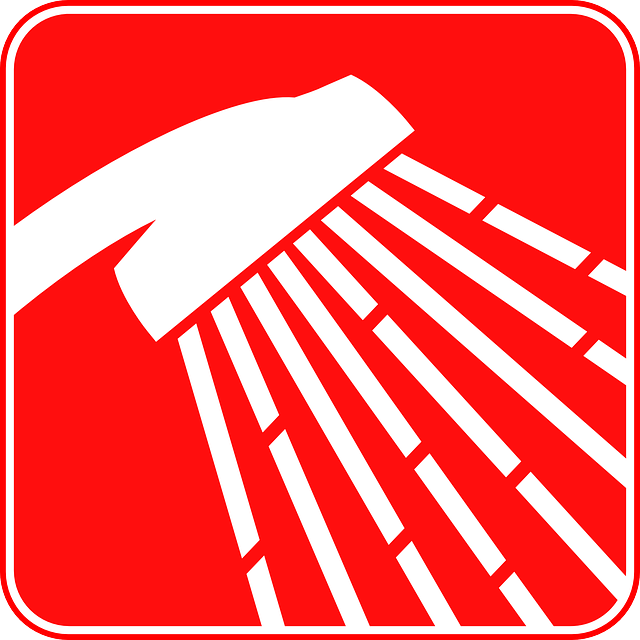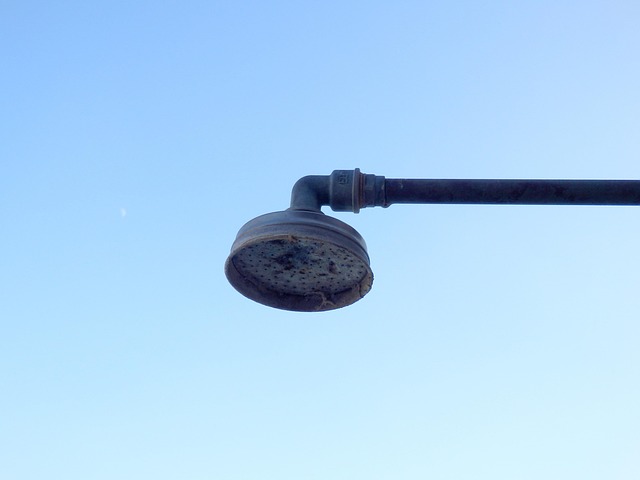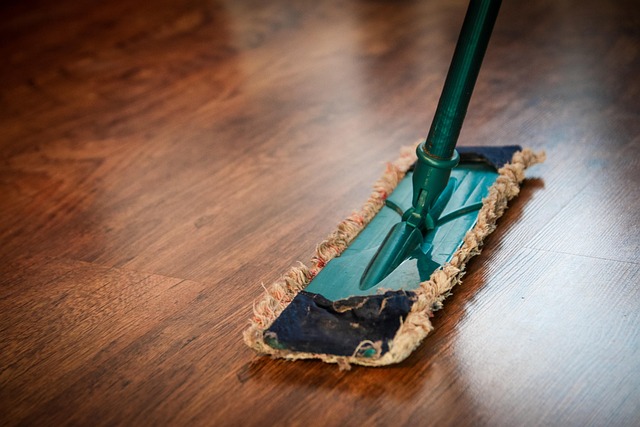Bathroom sinks are vulnerable to mold growth due to moisture and warm temperatures, so regular cleaning, proper ventilation, addressing leaks, and using mold-resistant materials are key. Natural remedies like vinegar and baking soda offer eco-friendly solutions. Persistent problems may require professional mold remediation services for a thorough clean and expert advice. Regularly maintaining these practices is essential for how to prevent bathroom mold effectively.
Tired of battling unsightly and hazardous mold in your bathroom sink? Understanding the causes behind this common issue is the first step towards a mold-free sanctuary. This guide arms you with comprehensive strategies, from regular cleaning routines to expert interventions, ensuring a fresh and safe space. Learn how proper ventilation, material choices, and natural remedies play pivotal roles in preventing mold growth. Implement these tips to reclaim your bathroom and bid farewell to mold for good.
- Understanding Bathroom Mold: Causes and Health Risks
- Regular Cleaning and Maintenance Routine for Your Sink
- Ventilating Your Bathroom: The Role of Proper Airflow
- Choosing the Right Materials and Fixtures for Mold Prevention
- Natural Remedies and DIY Solutions to Combat Mold Growth
- When Professional Intervention is Necessary: Seeking Expert Help
Understanding Bathroom Mold: Causes and Health Risks

Bathroom sinks are common areas for mold growth due to the combination of moisture and warm temperatures. Understanding the causes of this issue is crucial when learning how to prevent bathroom mold. High humidity levels, often exacerbated by water leaks or inadequate ventilation, create an ideal environment for mold spores to flourish. These spores can then multiply on various surfaces, including sink fixtures, grout lines, and even the pipes beneath the sink.
Exposure to mold can pose several health risks, especially for individuals with respiratory conditions like asthma or allergies. Common symptoms include coughing, sneezing, runny noses, and eye irritation. Prolonged exposure may lead to more severe issues, so it’s essential to take proactive steps. Regular cleaning and maintenance are key to preventing mold growth, along with ensuring proper ventilation and addressing any water leaks promptly.
Regular Cleaning and Maintenance Routine for Your Sink
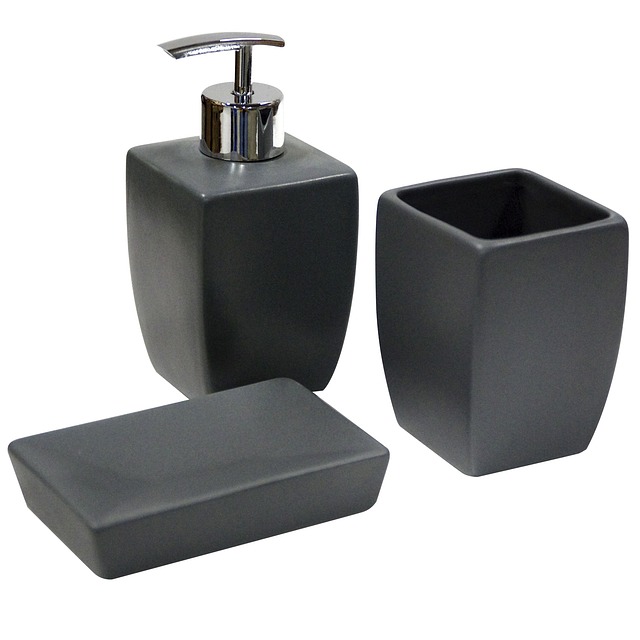
To prevent bathroom mold, establishing a regular cleaning and maintenance routine is paramount. Daily wiping down the sink with a non-abrasive cleaner can deter the formation of moisture, a breeding ground for mold. Additionally, regularly checking for any signs of water leaks and promptly addressing them is crucial, as leaky pipes can create ideal conditions for mold growth.
Weekly deep cleaning sessions involving a mixture of bleach and water or a specialized mold remover further protect against mold buildup. Scrubbing the sink’s grout lines and under the faucet, where moisture tends to linger, will help maintain a clean environment. Remember, consistent care is key; a thorough yet regular cleaning regimen ensures your bathroom sink stays mold-free.
Ventilating Your Bathroom: The Role of Proper Airflow
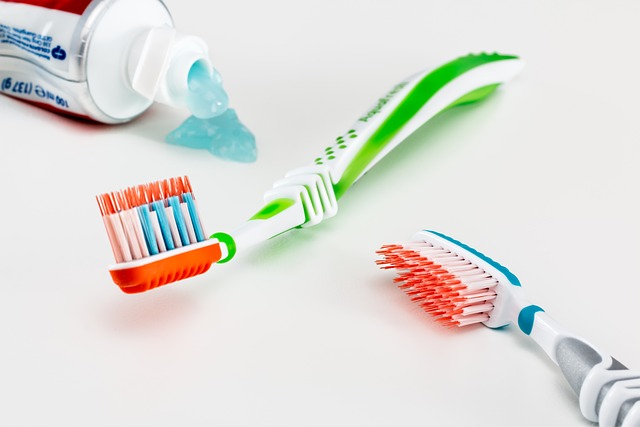
Proper ventilation is a key strategy in how to prevent bathroom mold. Bathrooms are often damp environments, and if not properly ventilated, this moisture can lead to mold growth. Ensure your bathroom has adequate airflow by keeping doors open after showers or baths to allow steam to escape. Install an exhaust fan that vents directly outside to remove humidity from the air. If natural ventilation isn’t sufficient, consider running the fan continuously, especially in areas prone to condensation, like around sinks and shower stalls.
Regularly checking and maintaining these ventilation systems is crucial. Clean or replace filters as recommended by the manufacturer to ensure optimal airflow. Over time, blocked or dirty vents can restrict air circulation, creating a breeding ground for mold. By prioritizing proper ventilation, you can significantly reduce moisture levels in your bathroom, making it an inhospitable environment for mold to develop and grow.
Choosing the Right Materials and Fixtures for Mold Prevention

When it comes to preventing mold in your bathroom sink, the materials and fixtures you choose play a crucial role. Opting for mold-resistant options can significantly reduce the risk of this unsightly and potentially harmful growth. For example, consider using ceramic or porcelain sinks instead of traditional stainless steel, as these materials are less prone to absorbing moisture, a key factor in mold development. Additionally, look for fixtures with smooth, non-porous surfaces that prevent water from getting trapped, as mold thrives in damp environments.
To effectively how to prevent bathroom mold, replace old or damaged gaskets and seals around your sink with new, high-quality ones. These components create a barrier against water seepage, which is essential for maintaining a dry, mold-unfriendly space. Regularly cleaning and drying your sink after each use can also help, but choosing the right materials from the start is one of the most effective strategies to keep molds at bay.
Natural Remedies and DIY Solutions to Combat Mold Growth

Natural Remedies and DIY Solutions to Combat Mold Growth
One effective way to prevent bathroom mold is by leveraging natural remedies that are safe, cost-effective, and eco-friendly. White vinegar, for instance, is a powerful mold inhibitor due to its acidity. Regularly cleaning your sink with a 50/50 mix of water and white vinegar can deter mold growth. Another common household item, baking soda, acts as a natural deodorizer and abrasive cleaner, effectively removing mold spores while preventing their return.
For a DIY solution, mixing equal parts hydrogen peroxide and water creates a powerful yet gentle cleaning agent that kills mold on contact. Applying this mixture to affected areas followed by sunlight exposure further strengthens the mold-fighting effect. These simple, natural remedies not only help in how to prevent bathroom mold but also promote a healthier living environment without resorting to harsh chemicals.
When Professional Intervention is Necessary: Seeking Expert Help
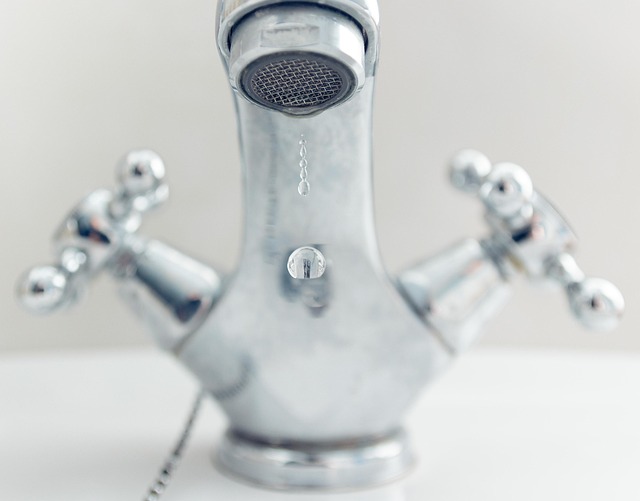
If despite your best efforts, mold continues to persist and spread in your bathroom sink, it may be time to call in the professionals. Persistent or severe mold growth can indicate a deeper issue, such as hidden water leaks or poor ventilation, which require specialized knowledge and equipment to address.
Seeking expert help is crucial when dealing with extensive mold infestation. Professional mold remediation services have the tools and training to safely and effectively eliminate mold, prevent further growth, and identify and rectify the root cause of the problem. This not only ensures a thorough clean but also helps to avoid potential health risks associated with prolonged exposure to mold and the chemicals used in standard cleaning methods.
